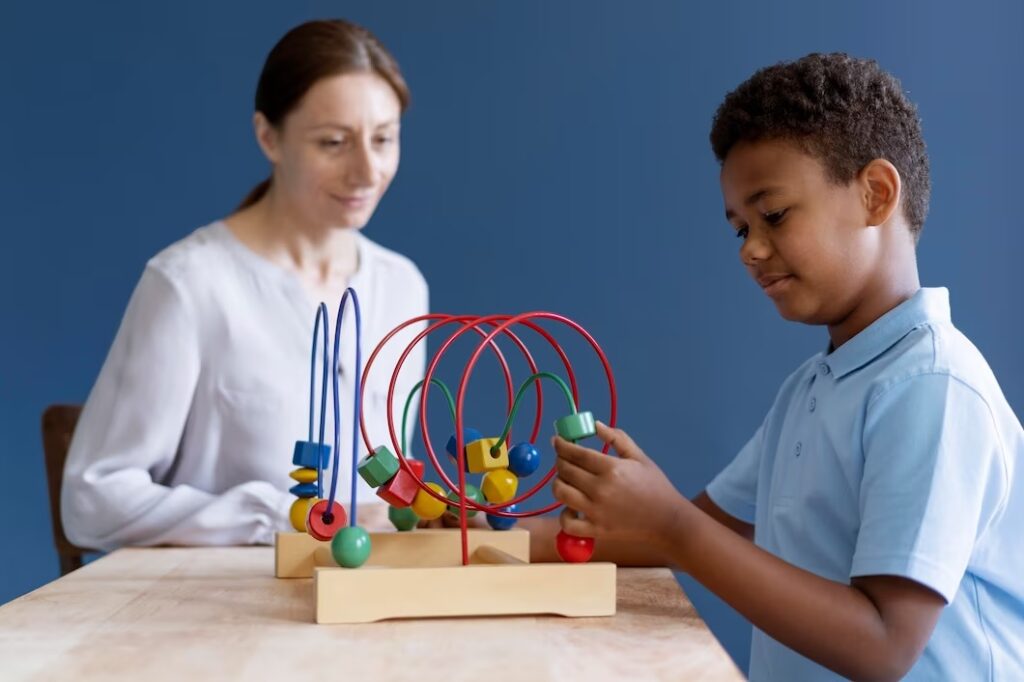Understanding Paediatric Occupational Therapy
Paediatric occupational therapy is an invaluable resource for children experiencing difficulties in their daily activities due to physical, sensory, or cognitive challenges. This therapy focuses on enhancing a child’s ability to participate in everyday tasks by improving their physical functions, fostering cognitive skills, and addressing sensory processing issues. The primary goal is to enable children to be as independent as possible in all areas of their lives.
Occupational therapy for children can vary significantly, depending on the individual needs of each child. Therapists often work on fine motor skills, like writing and using utensils, and gross motor skills, such as walking and coordination. Sensory processing issues, which can affect a child’s ability to handle textures, sounds, and lights, are also a key focus area. Additionally, cognitive aspects, including attention, memory, and problem-solving, are crucial components of paediatric occupational therapy.
The Role of Occupational Therapy in Early Childhood
The early years of a child’s life are critical for their overall development. During this period, children learn and develop at a rapid pace, and early intervention through occupational therapy can have a profound impact on their future abilities. Therapists work closely with families and educators to create individualized plans that cater to each child’s specific needs, ensuring that they receive the most effective support.
For young children, occupational therapy often involves play-based activities that are designed to be both fun and therapeutic. These activities are carefully chosen to target specific developmental areas, such as hand-eye coordination, balance, and social skills. By engaging in these activities, children can improve their abilities while enjoying themselves, making the therapy process more effective and enjoyable.
Paediatric Occupational Therapy in School Settings
Schools play a pivotal role in a child’s development, and occupational therapy within this setting can be particularly beneficial. Therapists collaborate with teachers and other school staff to support children in their academic and social development. This can include adapting classroom environments to meet the needs of children with sensory sensitivities, or providing tools and strategies to improve focus and learning.
For children struggling with handwriting, an occupational therapist might introduce specially designed writing tools or exercises to strengthen hand muscles. For those who find it challenging to stay organized or follow routines, therapists can provide visual schedules and other strategies to help them navigate their school day more effectively.
Navigating Challenges and Celebrating Progress
Every child’s journey with occupational therapy is unique, and challenges are a natural part of the process. Parents and caregivers play a crucial role in supporting their child through these challenges, and therapists are there to guide and assist every step of the way. Celebrating small victories and acknowledging progress, no matter how minor it may seem, is essential in maintaining motivation and positivity.
Conclusion
Paediatric occupational therapy is a vital service that can make a significant difference in the lives of children facing various developmental challenges. By focusing on individual needs and working collaboratively with families and educators, occupational therapists help children reach their full potential. As awareness and understanding of this therapy continue to grow, more children will have the opportunity to benefit from its life-changing support.
For more insights on the role of occupational therapy in child development, consider exploring the impact of early intervention in children’s therapy. This topic sheds light on how timely support can positively influence a child’s developmental trajectory.

